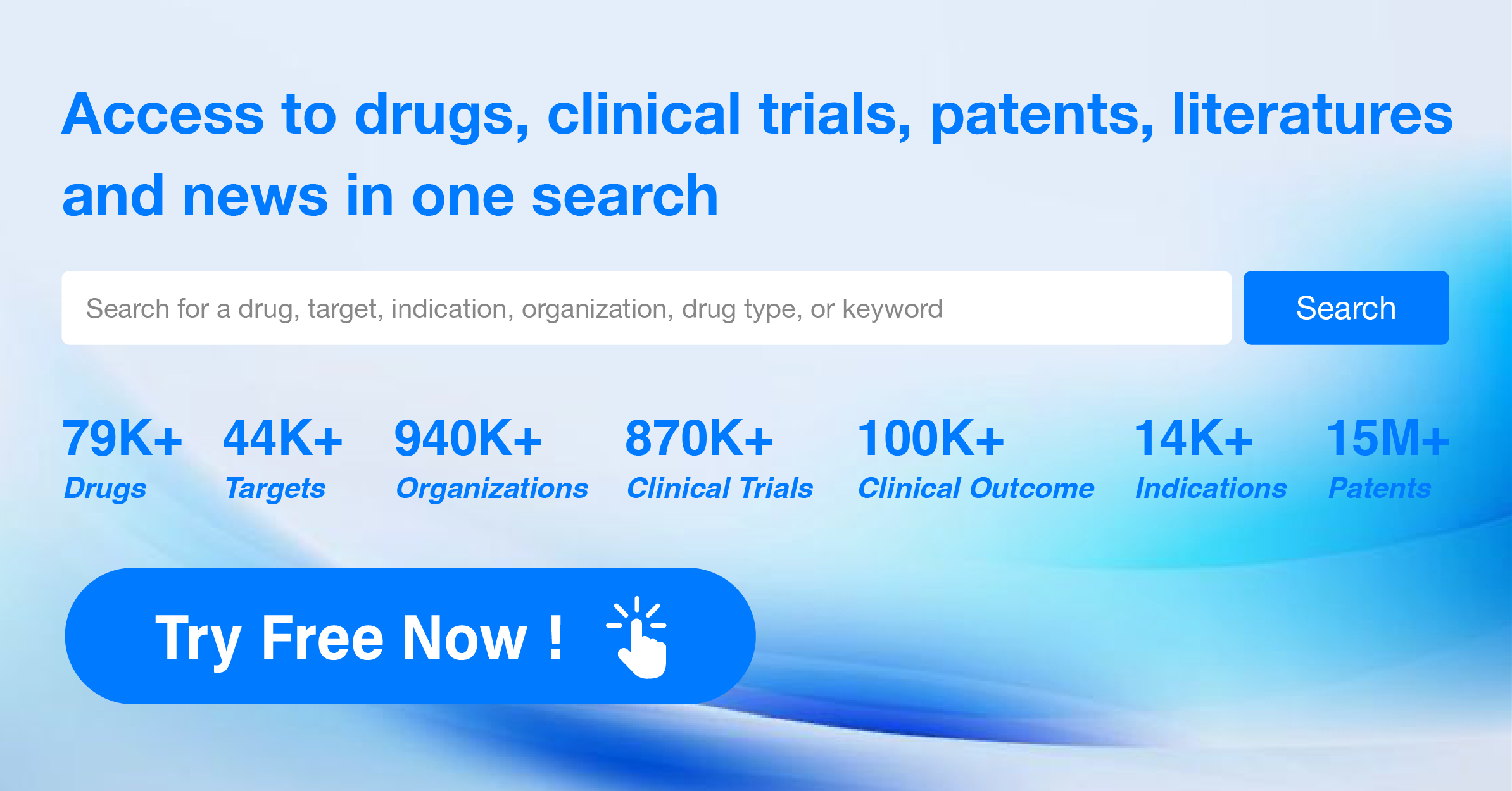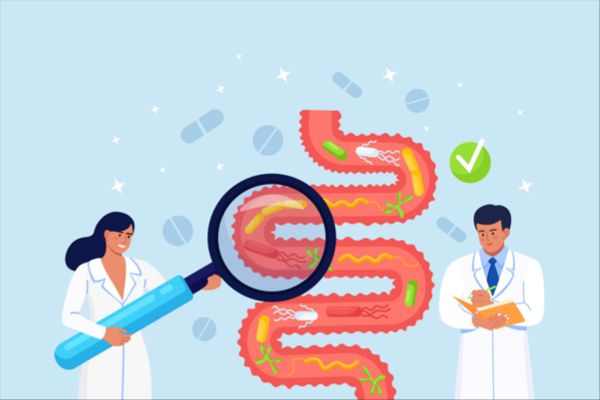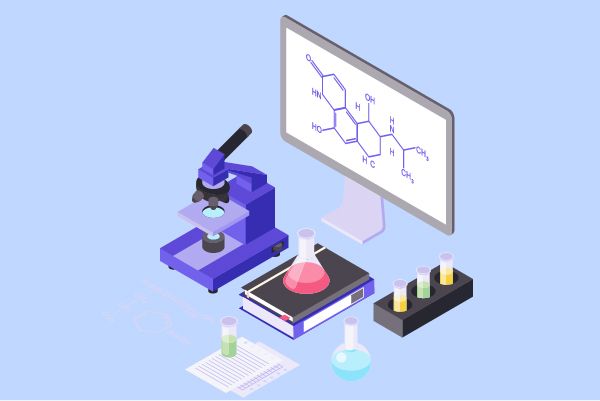What types of drugs can apply for Fast Track Designation?
Fast track designation (FTD) is a process used by the U.S. Food and Drug Administration (FDA) tofacilitate the development, and expedite the review of drugs to treat serious conditions and fill an unmet medical need. Determining whether a condition is serious is a matter of judgment, but generally is based on whether the drug will have an impact on such factors as survival, day-to-day functioning, or the likelihood that the condition, if left untreated, will progress from a less severe condition to a more serious one. AIDS, Alzheimer’s, heart failure and cancer are obvious examples of serious conditions. However, diseases such as epilepsy, depression and diabetes are also considered to be serious conditions.Filling an unmet medical need is defined as providing a therapy where none exists or providing a therapy which may be potentially better than available therapy.
A drug that receives Fast Track designation is eligible for some or all of the following:
More frequent meetings with FDA to discuss the drug's development plan and ensure collection of appropriate data needed to support drug approval;
More frequent written communication from FDA about such things as the design of the proposed clinical trials and use of biomarkers;
Eligibility for Accelerated Approval and Priority Review, if relevant criteria are met;
Rolling Review, which means that a drug company can submit completed sections of its Biologic License Application (BLA) or New Drug Application (NDA) for review by FDA, rather than waiting until every section of the NDA is completed before the entire application can be reviewed. BLA or NDA review usually does not begin until the drug company has submitted the entire application to the FDA.
Fast Track designation must be requested by the drug company. The request can be initiated at any time during the drug development process. FDA will review the request and make a decision within sixty days based on whether the drug fills an unmet medical need in a serious condition.
Once a drug receives Fast Track designation, early and frequent communication between the FDA and a drug company is encouraged throughout the entire drug development and review process. The frequency of communication assures that questions and issues are resolved quickly, often leading to earlier drug approval and access by patients.




